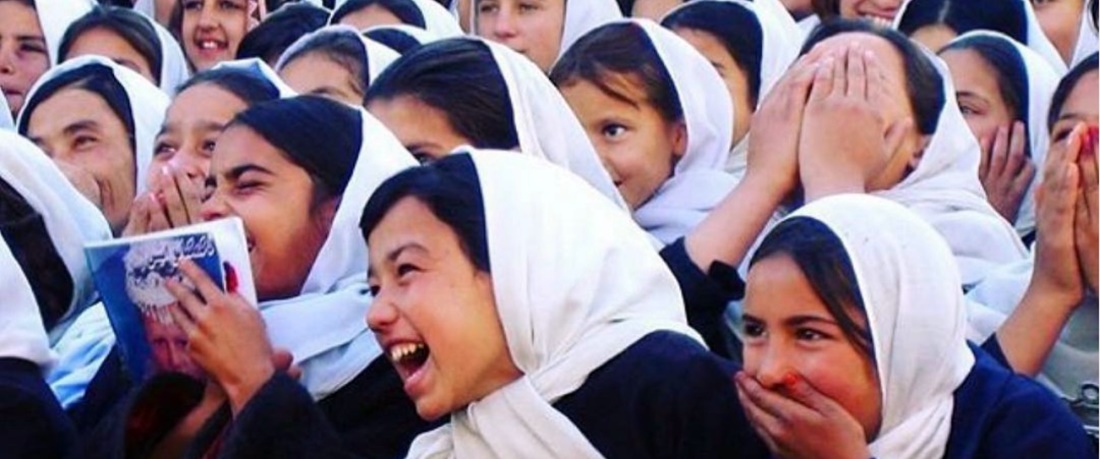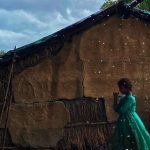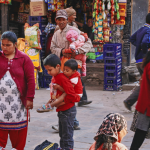In August of 2021, just mere months after the Taliban gained control over Afghanistan’s regional provinces, Kabul, the capital city fell to the Taliban. Since seizing power, the Taliban swiftly reversed decades of progress in women’s rights and free speech. In today’s Afghanistan, girls over the age of 12 are prohibited from attending school;[1] women are prevented from working outside of a few sectors like health care and primary education,[2] and young girls and women are denied their rights to travel in public without a male chaperone.[3] The United Nations has called the current state of women in Afghanistan a ‘gender emergency’.[4]
Against this backdrop, I, Madhulika, iProbono’s Junior Program Officer in India speak to Zakira Rasooli, iProbono’s Afghanistan Country Representative, in a wide-ranging interview, where we discuss Zakira’s upbringing in Afghanistan; her experience as a Human Rights Advocate; her journey escaping Afghanistan during the Taliban invasion, and her expectations for the country’s future. iProbono continues its program of comprehensive care to support Afghans at risk and evacuees across the region.
What was it like growing up in Afghanistan at the particular time you were there? What did your average day look like?
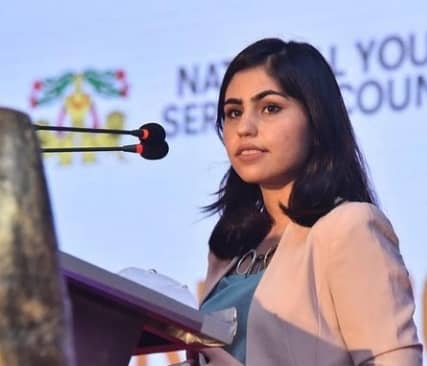 Growing up in Afghanistan was both beautiful and challenging! I was born and raised in Kandahar, in a village named Loywalla. Kandahar is one of the most insecure and conservative provinces of Afghanistan.
Growing up in Afghanistan was both beautiful and challenging! I was born and raised in Kandahar, in a village named Loywalla. Kandahar is one of the most insecure and conservative provinces of Afghanistan.
Some of my early childhood memories were of my parents rushing to take my sister and I underground to shelter us from airstrikes and shelling. While the situation outside the home was grave and dangerous, I grew up in a home filled with love and happiness, where all members were treated with respect and equality.
Both my parents were progressive and ambitious. They devoted their lives to working for girls’ education. My mother had been deprived of completing her education due to the Taliban rule and was very passionate that her daughters gain an education. At that particular time in 2005, our neighbourhood was opposed to the idea of girls having a right to education among other rights. They threatened my father and warned him against allowing my siblings and I to attend school. Several times at meetings in the masjid (mosque), my father was asked to stop us from attending school. Despite the social pressures, he did not. They would pin threatening letters on our door, and my mother would often try to hide them from my father, fearing these letters would change my father’s mind regarding our education.
My siblings and I would walk for 2 hours to attend school and would face intense harassment and bullying on our way. I remember a day when my elder sister and I were on our way to school and a man on a bike rode fast beside my sister and pulled off her scarf with force. He rode away with her scarf and the impact of his action led her to stumble and fall into the river and break her arm. A scarf is a symbol of honour and decency. To that man, a girl who has reached puberty and is still going to school was somehow morally in the wrong and was indecent. The evacuation was horrifying and traumatising.
Against all odds, my family opened a home school for girls in our neighbourhood for those not allowed to attend school. We got school books and taught more than 30 girls. Eventually, these girls were able to enrol in school with higher grades. This was a turning point for my activism as it is here that I learned how to respond to injustices.
However, my father died when I was 11 years old. This changed everything. In a patriarchal society, we were left without a man having our back and financial support. Our happy house was no longer secure. A family-run by women alone is not honoured or respected in such societies. People will allow themselves to do anything they want to you. I remember an instance when a bunch of men passing by our door at midnight, kicked it open with force and then laughed out loud. My sister fainted from fear. They would throw stones into our house. Once a stone hit my sister’s head and she bled extensively. We moved to a military base, to be safer. Our new house was not as convenient as our previous home but the school was comparatively closer and we had more freedom and safety there.
After school, I began to take capacity-building courses, English classes, and IT and management courses. Soon, I was offered a position at an institute to teach. After 6 months, I was promoted to the position of Manager at the institute. I would attend the institute for work in the morning and thereafter attend school. After a year, I was offered to work as Deputy Coordinator at Lincoln Learning Center, in the Ministry of Culture and Information. I earned better money to support my family and my job made a difference in the lives of women at Kandahar. It was a big achievement for my whole family.
After 6 months in that position, I qualified for a US embassy scholarship to study for a Bachelor’s degree in Political Science and Law at one of the best universities in Afghanistan, the American University of Afghanistan. I moved to Kabul to live on my own and pursue my higher education when I was 16.
On the fifth day of classes, the Taliban attacked the University with two big trucks of explosives and armed men entered the campus, shooting indiscriminately. I knew If I died that night, my mother would have to face a whole community that stood against her resolve to support my decision to travel miles away from home to study.
I survived and returned home. But I lost professors, friends, and classmates in that attack.
After a few months, the university reopened and I rejoined. I completed my bachelor’s while working alongside my studies in 2020.
What drew you to a life of activism? What inspires you?
In Loywalla where I grew up, there wasn’t a single family in which women did not face abuse and violence. My childhood best friend was married off as a child to an old man. My mother’s close friend, our neighbour, had violent scars all over her body from her husband’s beating. My highly talented classmates left school and were married by force. All these life experiences and stories of different women being subjugated to the worst of patriarchal structures drew me to a life of activism.
The fact that I was one of the very few women from my village who could rise up, have a voice, obtain higher education and be in a position to make a difference, meant that I could not be indifferent to what I saw around me. I felt responsible to work for reform, justice, and equality. I did not have it easy. I had to fight for my freedom. I earned and fought for my every right. My family had to go through a lot to make sure I got what I wanted. Access to basic human rights should not be a struggle. It should not have to be earned.
I am grateful I did not have to fight my family to be able to go to school or worry about being sold under the name of marriage. Unlike other families, my family didn’t train us to see marriage as the only goal of women; therefore we were not made to learn how to be better wives or better servants of our in-laws. My siblings and I were fully focused on getting an education while other girls in school knew at some point they had to be married and would not be able to pursue their higher education. So, I felt responsible to make a difference with the education I received, and with the jobs I pursued. I resolved that I would fight for the rights of these women, and play an active role in building a society in which women are treated equally and with dignity.
Over the past decade, have you noticed changes in terms of both perception and practical changes on the ground in women’s rights in Afghanistan?
Yes. It was so evident. Starting from ground zero (the previous Taliban regime), women had come far and their position dramatically improved with respect to achieving their rights and playing an active role in all spheres of life. Women in Afghanistan have played an active part in social and political life by holding political office, working in professions, and running businesses. There have been huge gains in girls’ education in the past 20 years. Women had a 28 percent presence in the Parliament.[5] This meant that one-sixth of the chairs in Parliament were occupied by women. All this was achieved in under 20 years, which is a sign of great progress for any country. Not only did women have a 21 percent presence in the provincial council and 15 percent in the cabinet, but women were also present in the military, health sector, judiciary, and government agencies.[6] I witnessed women defining their lives, fighting to dress the way they wanted, fighting for their freedoms, breaking taboos, starting to drive, living independently, and doing whatever they wanted despite societal norms and restrictions that could hugely endanger them for acting against it. It felt empowering and freeing for all of us. We felt as if we had control over where the country was heading.
However, life was difficult with all the security threats to our lives and with the war going on. Each day when we would leave our offices, we did not know if we would return home alive. A bomb blast could end our lives or we could be victims of targeted attacks. But the change our work was bringing, the reforms we brought made our struggle worth it. It kept us going.
In the months leading up to the Taliban’s capture of Kabul, what was the atmosphere like among young activists? How did you personally respond to the looming crisis?
Everyone’s fear began to increase, as the Taliban made rapid advances, capturing district after district.
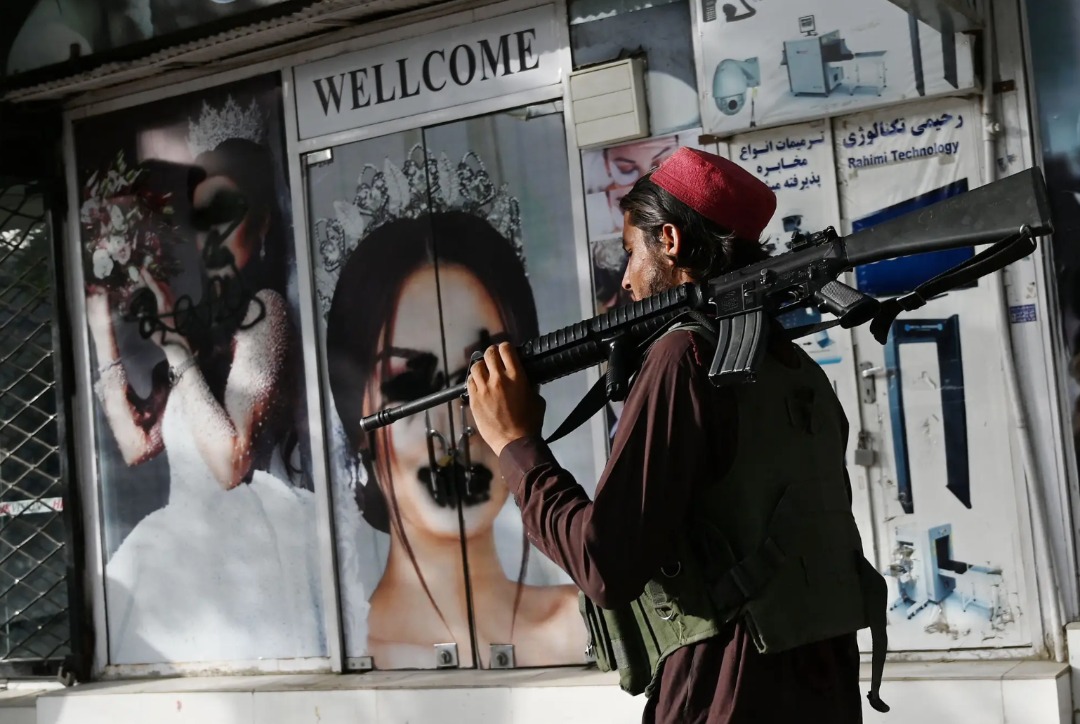
Wakil KOHSAR / AFP via Getty Images
But there was also resistance building up. Youth were making alliances to fight back in case the fight reached Kabul. On the other hand, several people thought it would not happen, and did not expect the collapse of the country to happen so quickly; so they were still living life as if nothing was going on or going to happen. I was working on a peace mechanism that was advocating for the international community to prevent the fall of the country. As a part of my work on the peace mechanism, I was watching the takeover closely and noted every violation of human rights that took place as the Taliban took over. While I couldn’t go to the office due to security threats, I would go to a nearby cafe and work. I remember crying in the cafes while I was reading the news, analysing it and watching the life around me. I feared the collapse that I knew was coming because this time it was different. The invasion went on for days until Afghanistan finally collapsed.
What do you think are the most pressing issues confronting progressive human rights activists in Afghanistan today?
Human rights activists in Afghanistan today are more unsafe than ever. Speaking up against any injustices can cost them their lives. They face enormous suppression. Many of them are tortured, imprisoned, or killed for their work. Despite this, many women activists have continued to protest against the Taliban’s policies. Human rights activists, especially women, face an uphill task against the Taliban, as the perpetrators of violence are often the men in power, who easily escape accountability. This however does not take from the courage of resistance led by the human rights advocates.
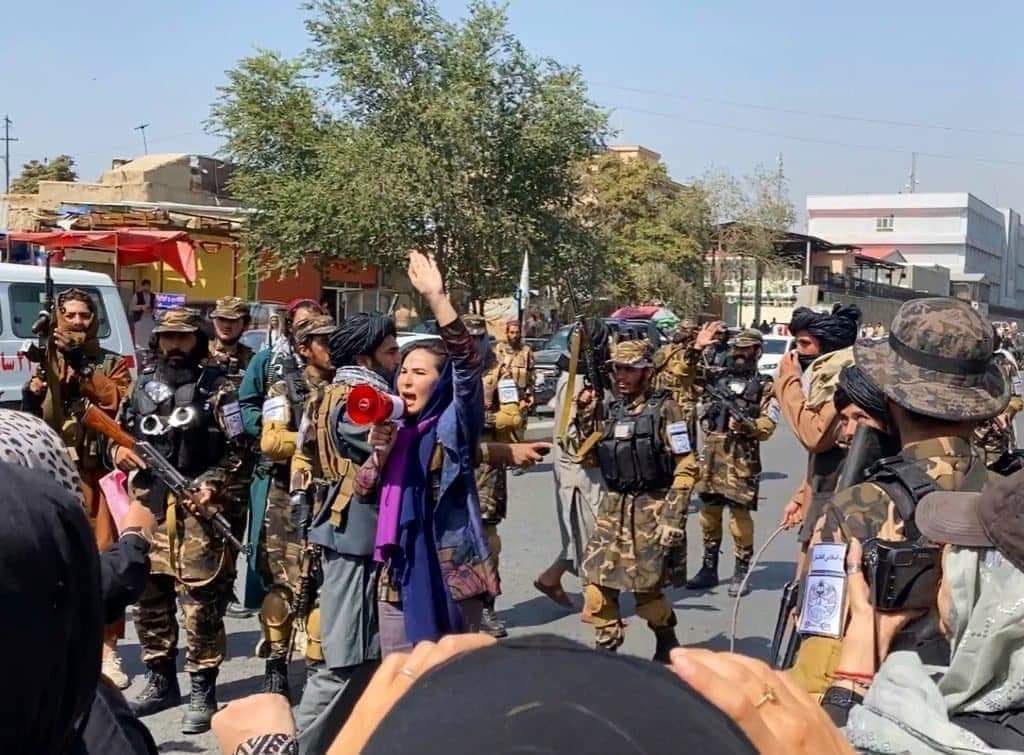
What can the international community do to show their solidarity with the people in Afghanistan?
The international community must strive to lobby for protective mechanisms for human rights defenders in Afghanistan and safeguard them. The international community must also strive to protect the fundamental rights to education of women and secure the active engagement of women in civic and political life. A particular focus on gender-based violence is required.
The international community must listen to the concerns of women and facilitate their meaningful participation in the current system and in the restructuring process of a new governance system. This can be accomplished by imposing targeted sanctions on those currently in power, to prevent them from depriving women of their right to safe, equal, and quality education and their right to meaningful participation in civic, political, economic, and social life.

Wakil Kohsar/AFP/Getty
Women are disproportionately victimised in war zones and in post-conflict situations. They are subject to domestic violence, sexual violence, and other violations which lead to the deprivations of their rights. There is a need for an effective judicial system to take cognizance of such issues. More attention should be paid to the legal system which has been dismantled. A gender-sensitive judicial system is the need of the hour.
Could you tell us about your experience fleeing Afghanistan, and briefly resettling in another country? What were the challenges you faced?
The whole experience of going through the evacuation process, made me question my existence and the value of my life. I witnessed several people from educated and progressive groups like my professors and supervisors who I held in high esteem, in desperate situations at the airport begging for their lives, wanting to leave the country they had worked so hard to rebuild. Realising how little respect and dignity was accorded to our lives destroyed me. So, yes, the evacuation was traumatising. It seemed impossible and horrifying. My evacuation took 3 to 4 days – I travelled from Kabul to Qatar, and then from Qatar to Srilanka on a tourist visa.
Although I was blessed to be accompanied and have the support of amazing people who looked out for me in Sri Lanka and now in France, I feel like an outsider wherever I go. I am in search of a home I can’t find. I am mostly homesick or reminiscing about my past life in Afghanistan. I always knew I loved my country but I never knew I loved it to this extent until I had to leave it behind. Getting used to massive changes in every aspect of life, starting a new life, and thinking of a new future are some of the other difficulties I am facing. I have come to realise that being an Afghan, I need to work twice as hard as others, be smarter, more educated, and sophisticated to establish myself abroad, and for my opinions to be heard and respected. I have noticed that in many instances, no matter what I say, my nationality blurs my voice. I have seen the difference in how people perceive me when they do not know I am an Afghan and when they know.
Having spent my entire life of 21 years in war, I have dealt with many hardships and have seen the worst life could offer but all of it pales in comparison to what I felt when I heard my country was given to the Taliban without any resistance. At that moment I lost everything, my past, present, and future. I was forced to leave my home and my loved ones behind, to survive another day. I never ever wanted to leave, but I was forced to leave my home.
What broad plans do you have for developing the Afghanistan-related work at iProbono?
My plans are to train human rights lawyers and advocates and work with them to serve justice to as many men and women as possible. I am also looking to advocate for reforms within the current system. I want to do my best in making the legal system work again by airing the various wrongs being suffered by Afghans and representing their cases in the best way possible.
Madhulika T, Junior Program Officer, India and Radhika Saxena – Senior Program Officer – South Asia.
[1] https://www.amnesty.ca/news/afghanistan-women-call-on-the-international-community-to-support-womens-rights-amid-ongoing-taliban-suppression/
[2] Ibid
[3] https://www.unwomen.org/en/news/stories/2021/10/experts-take-gender-equality-is-critical-for-the-afghanistans-future
[4] https://www.ft.com/content/f78a1e73-08bb-41b4-ae00-2226f08d9807
[5] Committee on the Elimination of Discrimination against Women, periodic report 3, 2017
[6] Ibid

